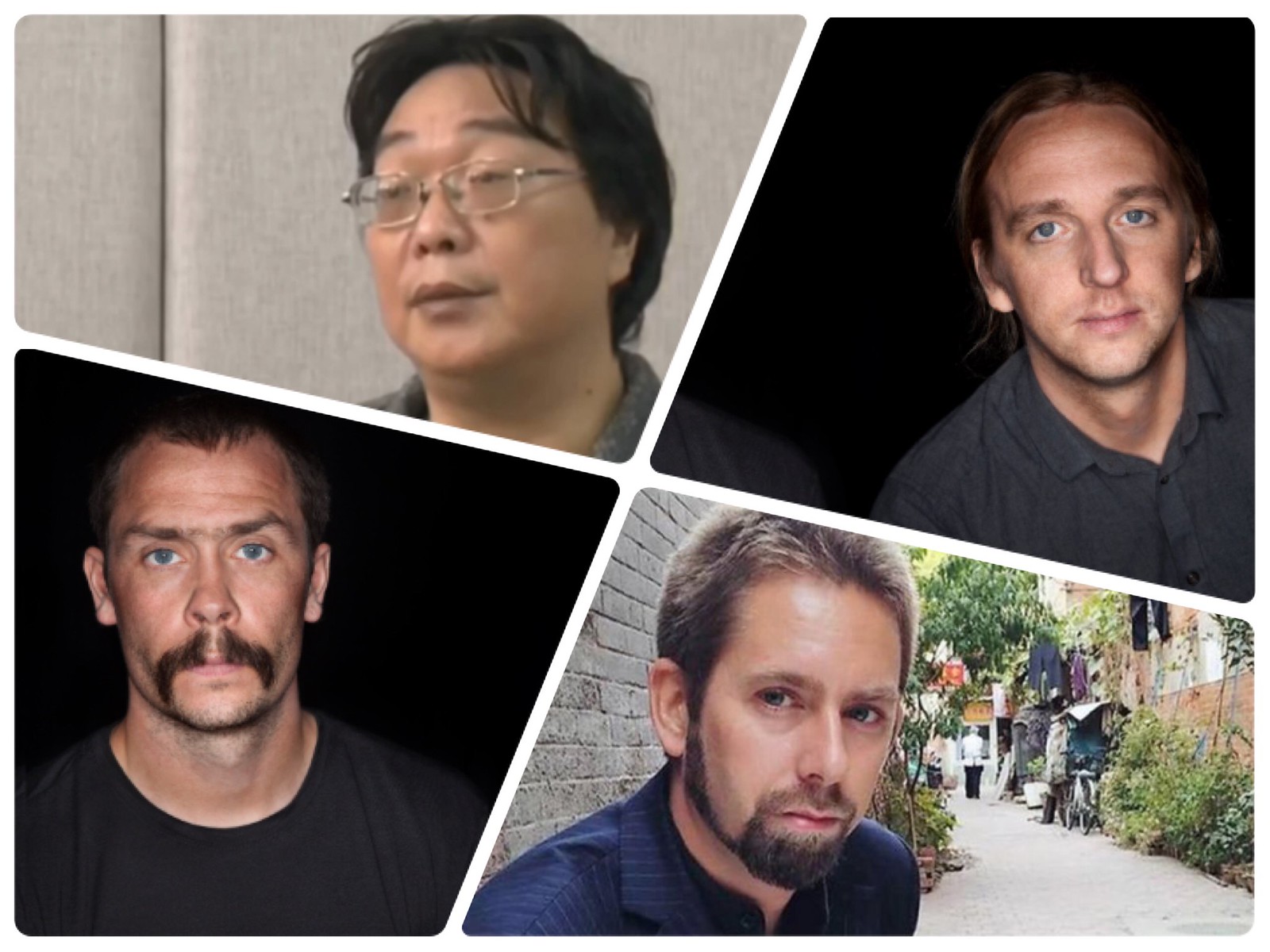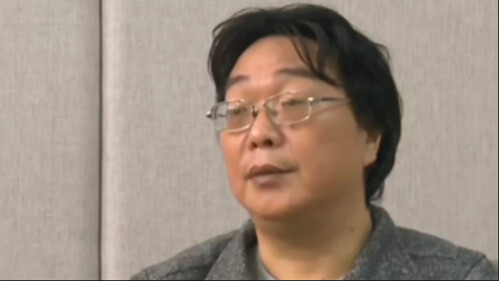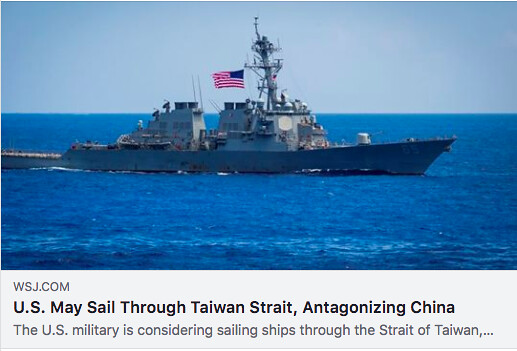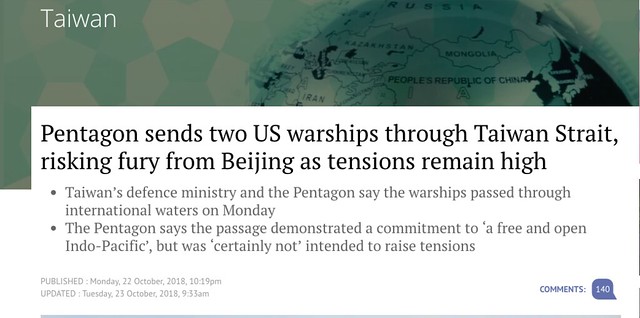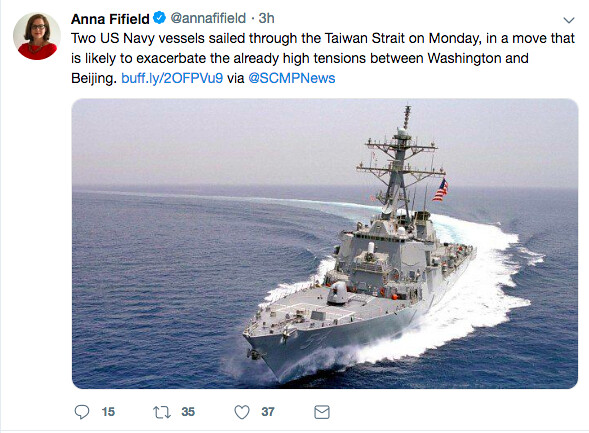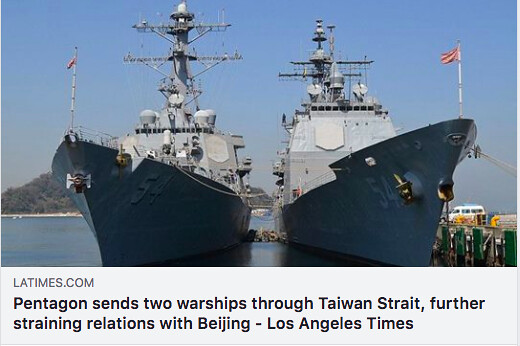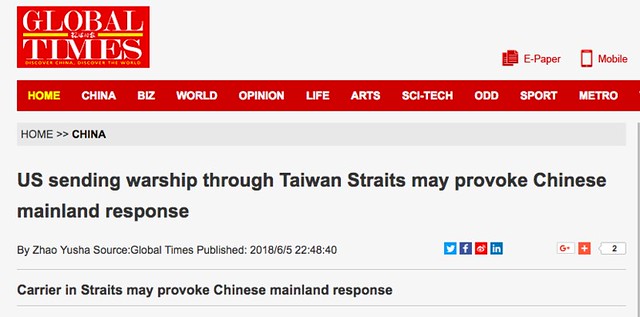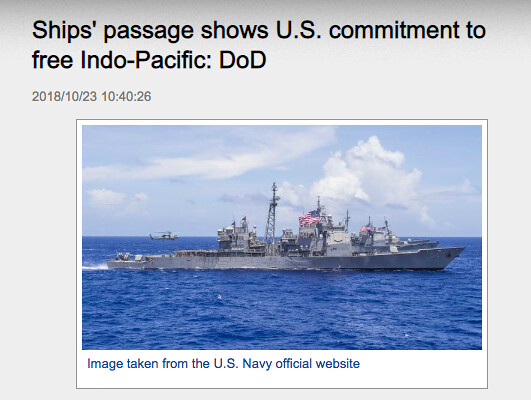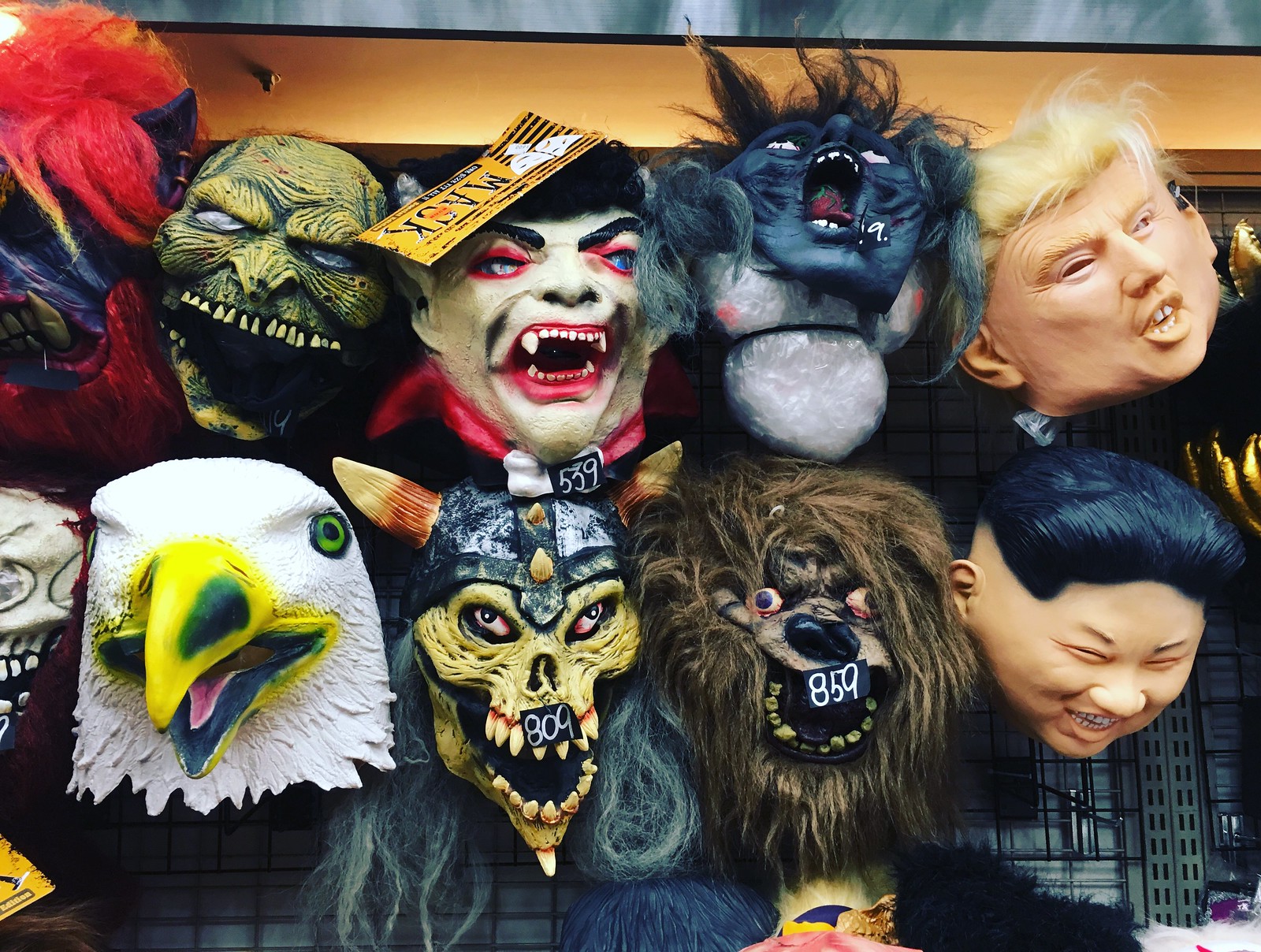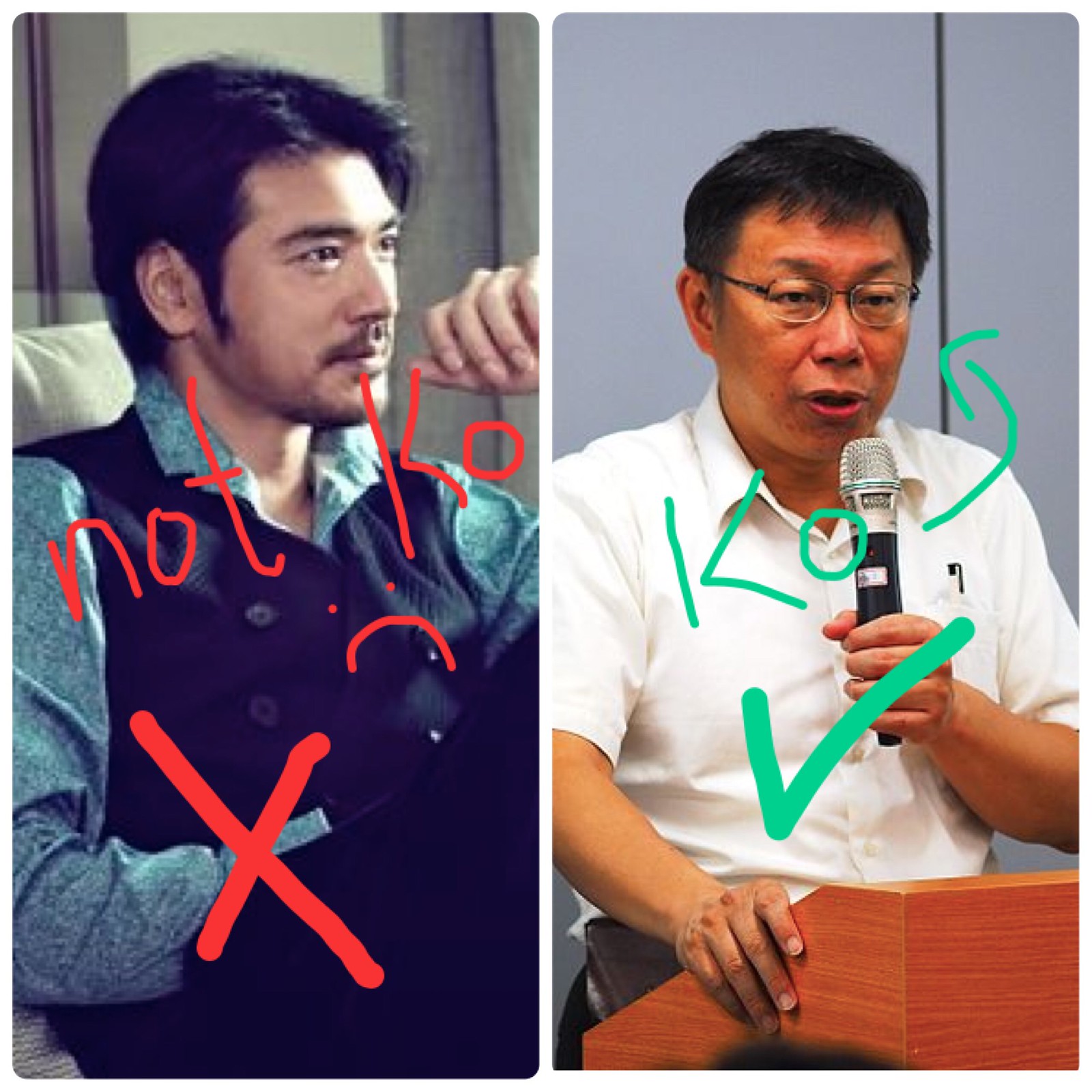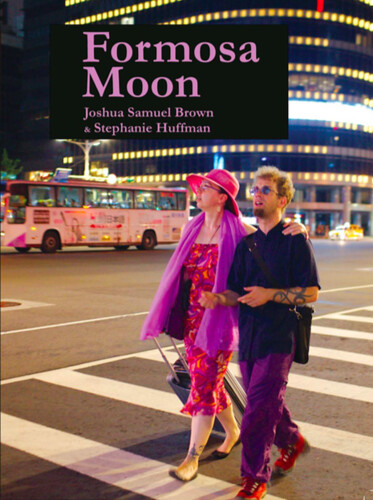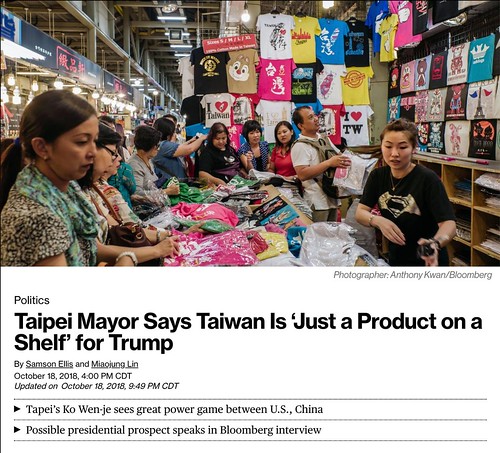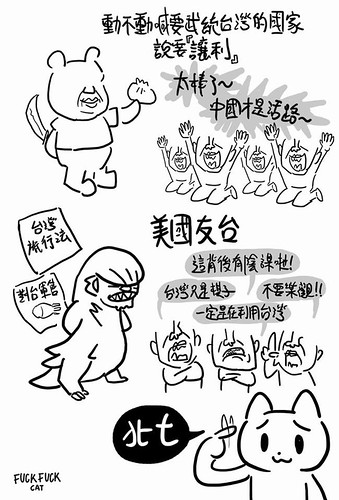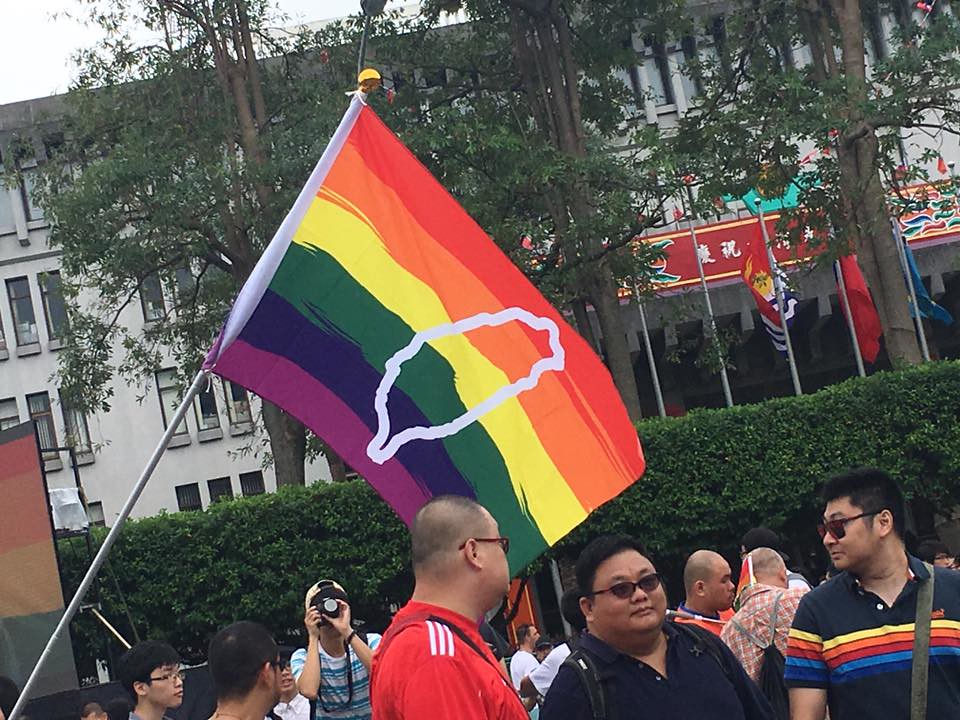 |
But, plans have changed, because Pride is this Saturday.
I'll still go to Donggang on Sunday, but it's really important that as many people as possible attend Pride this year. You should come too. And bring your friends!
In May 2017, Taiwan's highest court ruled that marriage is a right afforded all citizens with no reference to gender, and therefore marriage equality must be allowed. The court gave the government two years to work out a legislative solution: either to simply pass a law allowing marriage equality, or to change the civil code to abide by the ruling.
There have been some political ups and downs, some debate over which route is better (changing the law can likely be done quickly; changing the civil code is harder, and the ruling DPP doesn't think they have the support from the large socially-conservative-but-pro-independence segment of their base to make it happen.) There is a growing sense that the DPP hinted at support for marriage equality when campaigning, and promptly abandoned it to appease their more conservative base, and of course the KMT doesn't give a damn about anyone but the KMT. With elections coming up and the initial 2-year deadline now less than a year away, a lot of activists are upset.
This is especially important with two competing referenda coming up in about a month: one affirming Taiwan's commitment to equality, the other full of outdated, religiously-motivated and hateful garbage (yes, I'm biased). Remind people to go out and vote for love in November.
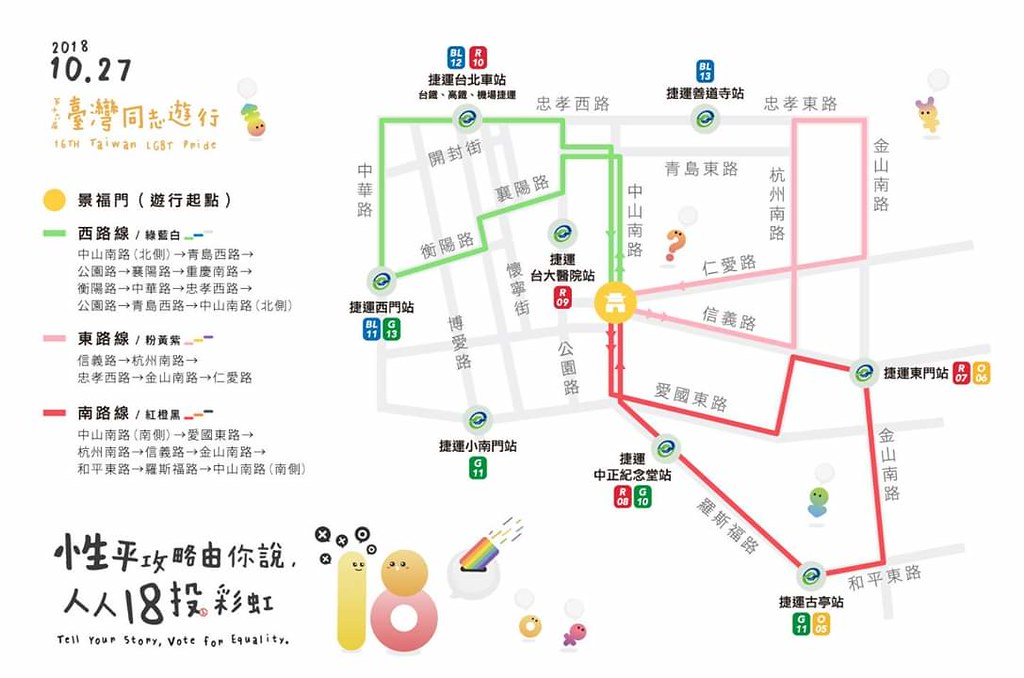 |
| Meet at 1:30 at MRT National Taiwan University Hospital station, start out at 2:30 - these are the routes. I always go the red route. |
Cue Pride. With no specific marriage equality rallies planned, and the anti-equality gay-haters being very well-organized and resourced (moreso than the pro-equality side, although I would argue the national consensus is broadly with us if you count those who are not opposed to equality), there is a sense that this year's Pride is going to be more politically charged and all about showing the government that we (LGBT people and allies/supporters) haven't forgotten.
While it's not my place to opine on what Pride should be, I can say what I think it's likely to be - and that you should be there. A friend of mine (gay with a Taiwanese partner if it matters) was also saying he was hoping this year would be super politically charged and motivated. There's a sense in the air that this is what's happening, but we need numbers.
All are welcome at Pride, which means you can be a part of it. You can add to those numbers. You can make it clear that equal rights matter, and it's time for the government to stop pandering to prejudice and outdated, discriminatory thinking.
Pride Taipei usually makes international news - at least it has in the years surrounding the 2017 ruling, as the world watches to see whether Taiwan will be the first country in Asia to give equal marriage rights to all. The numbers do matter, and you do make a difference.
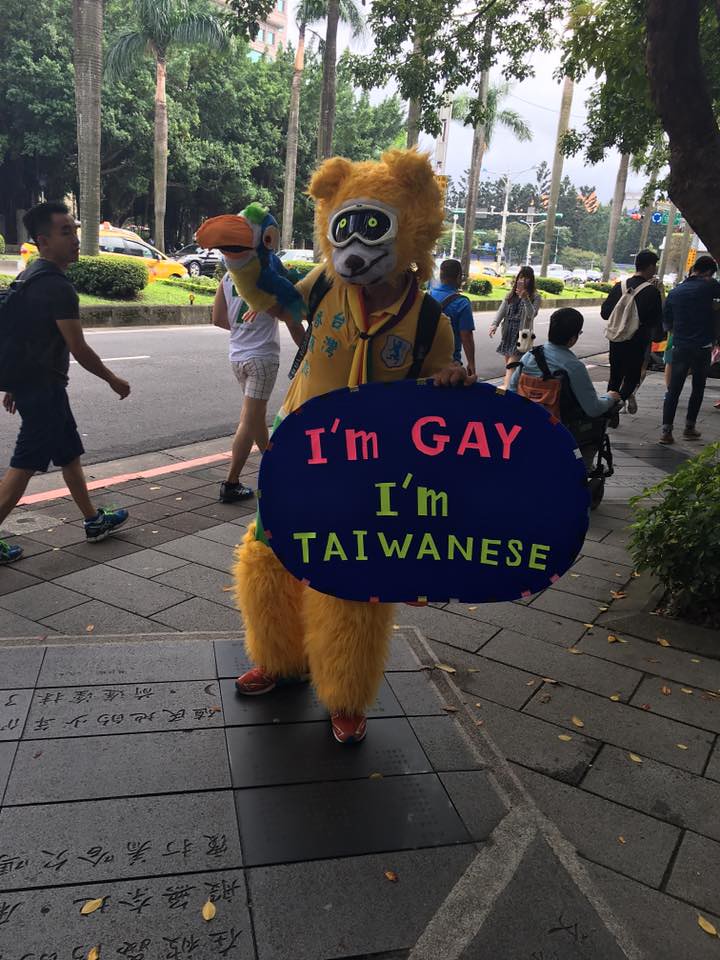
Show the LGBT community your support, and show the world that Taiwan, while imperfect, is the freest and most progressive country in Asia. Show them that we can do this, and that there is no reason why equality can't exist within Taiwanese culture.
Pride is not a rally or a protest - it's a celebration, and all are welcome. It's a great way for foreign residents, even if you are a bit reticent to attend actual protests, to show their support for this issue.
Grab your rainbow gear and come with us.

